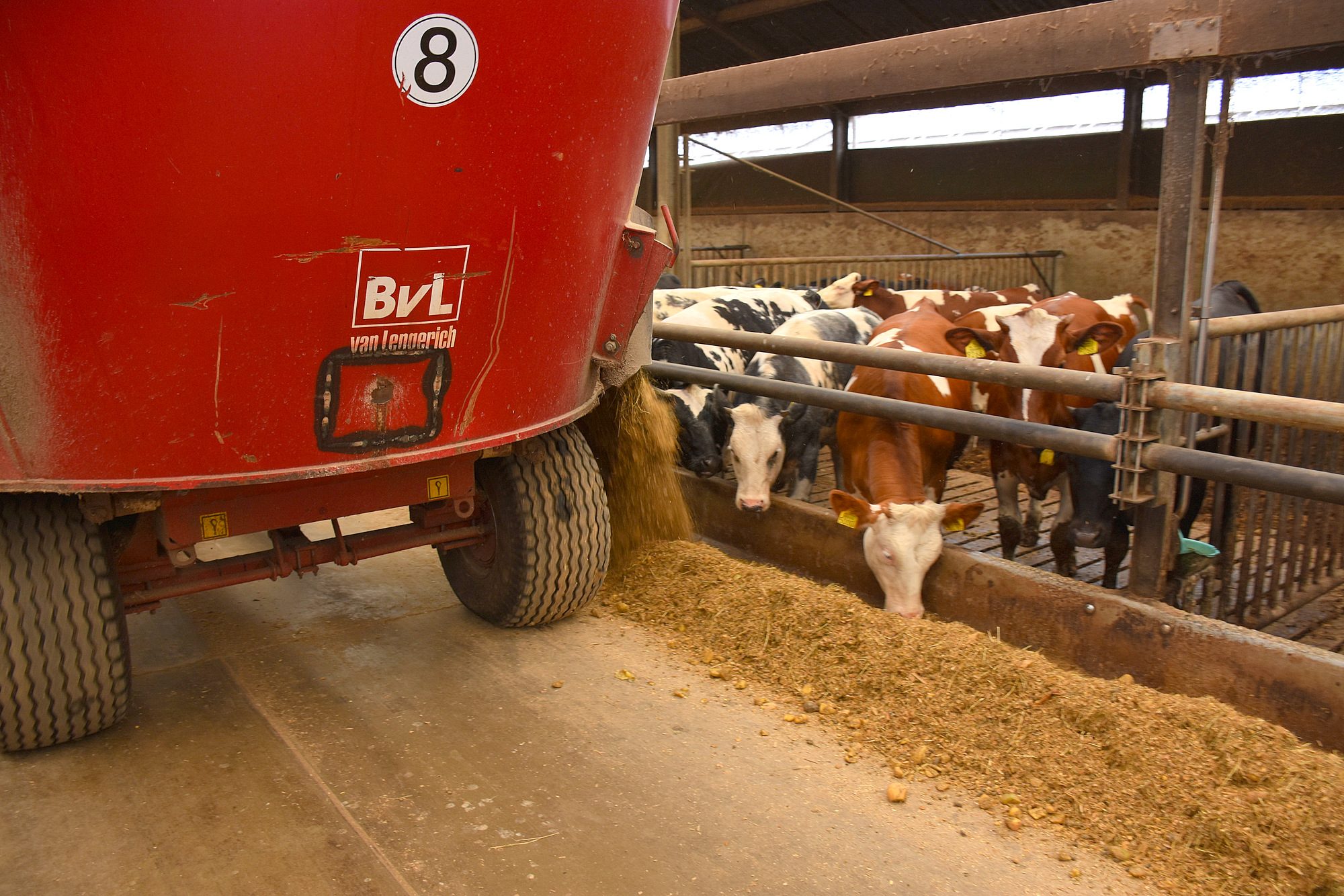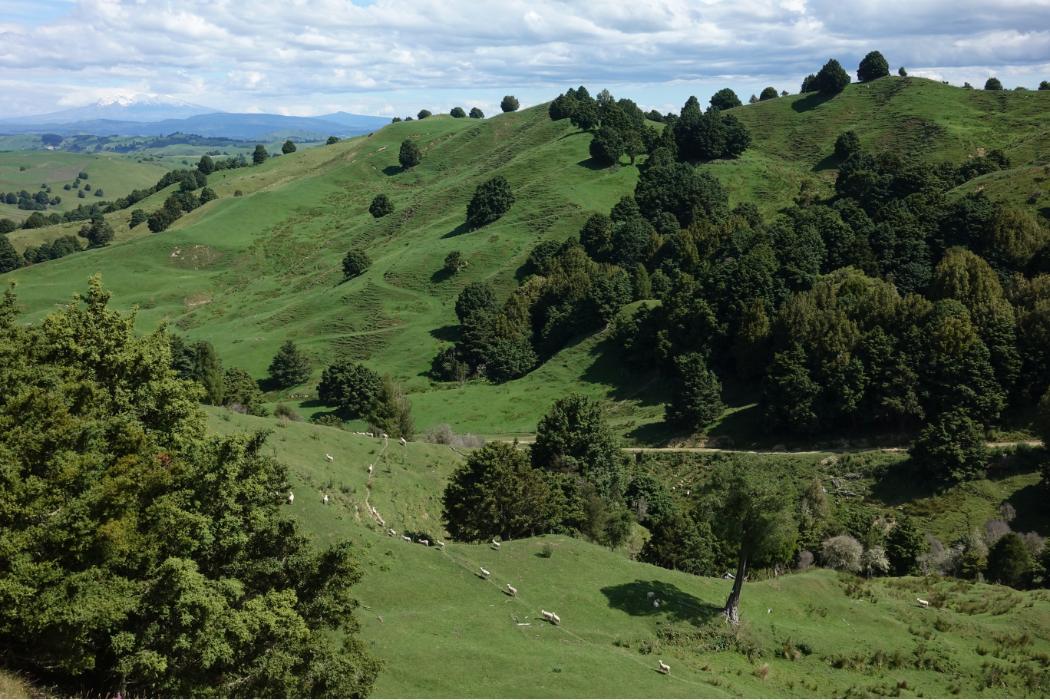With greater consumer pressure on beef farmers to produce meat with as low environmental impact as possible the limelight is now falling on the raw materials within feed rations.
Reducing carbon emissions during the production of feedstuffs, reducing the miles the material travels as well as the chemicals used to treat the crops are all in focus these days.
The production of animal feed is widely recognised as being responsible for creating emissions and many feed plants are undergoing change in order to reduce their carbon footprint.
Annually the EU imports about 14 million tonnes of soya beans with 40% of this coming from Brazil.
Susanne Fromwald is the executive director of Donau Soja, which aims to support the sustainable development of Europe’s farming and food businesses by improving the production and use of protein for European consumers.
The organisation’s most important objectives are the support of regional soya bean cultivation according to clearly defined quality criteria.
This includes supporting the cultivation of sustainable soya in Europe according to European Union (EU) farm regulations and Donau Standards. Also establishing value chains with and in members’ businesses and contributing to a European supply of plant protein. Supporting research and innovation activities that support the development of European soya production.
The main result confirmed that by using Donau Soja/Europe Soya it was possible to avoid about 40% of greenhouse gas emissions.
Fromwald said about 24% of global greenhouse gas emissions are due to agriculture and forestry. Livestock and feed plays an essential role here with about 60% of greenhouse gas emissions.
“Soya is accountable for 50% of deforestation when it is imported into the EU.”
She said deforestation was the main driver for greenhouse gas emissions and that was why talking about soya in feed is a relevant issue.
On the protein hunt
Farmers, feed manufacturers, retailers and consumers are all on the hunt for alternative sources of protein pushing up demand and the imagination to new boundaries.
Many products based on protein plants or insects have already found their way into the supermarkets, but established companies in the food industry and countless start-ups are researching different food concepts based on an unmanageable variety of alternative protein sources.
There are estimated to be somewhere in the region of 2000 species of edible insect in the world. Of these species, those considered the most suitable for the purposes of animal feed production include mealworms.
Thomas Kuhn, one of the founders at FarmInsect, outlined how his company gels well with consumers and agriculture alike.
He said his company was formed to try and help with offering more sustainable protein and reduce the reliance on soya from Brazil that leads to the cutting down of the rainforests.
“We want to make animal husbandry more sustainable and efficient. For this we use insects and the concepts of the circular economy. The challenges and needs of farmers are the focus of our efforts.
“With our innovative approach for regional insect breeding, we want to give farmers the prospect of producing their protein feed themselves. Insects have been approved as feed for farm animals in the EU since 2017 and offer the potential to replace the import of soy or fish meal with a regional and sustainable solution. With FarmInsect we make this potential available to the farmer,” he said.
Thomas added that the prices of soy and fishmeal have gone up significantly over the past 20 years, and that by using insects farmers can save up to 20% of their feed costs in the future.





